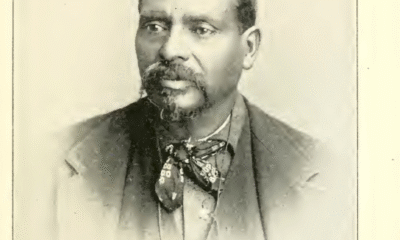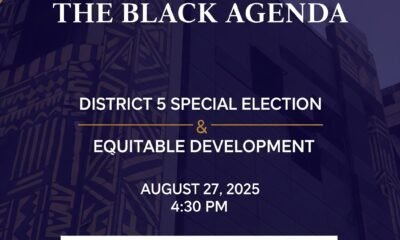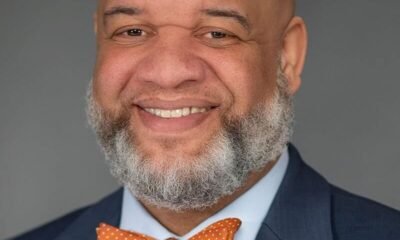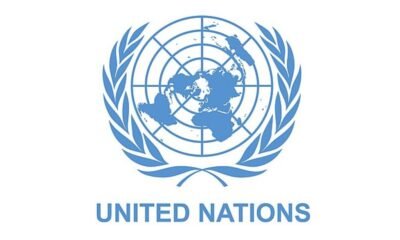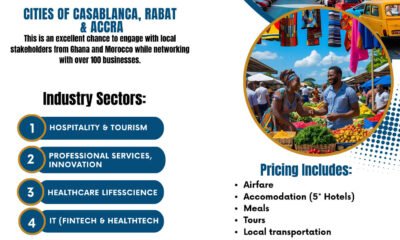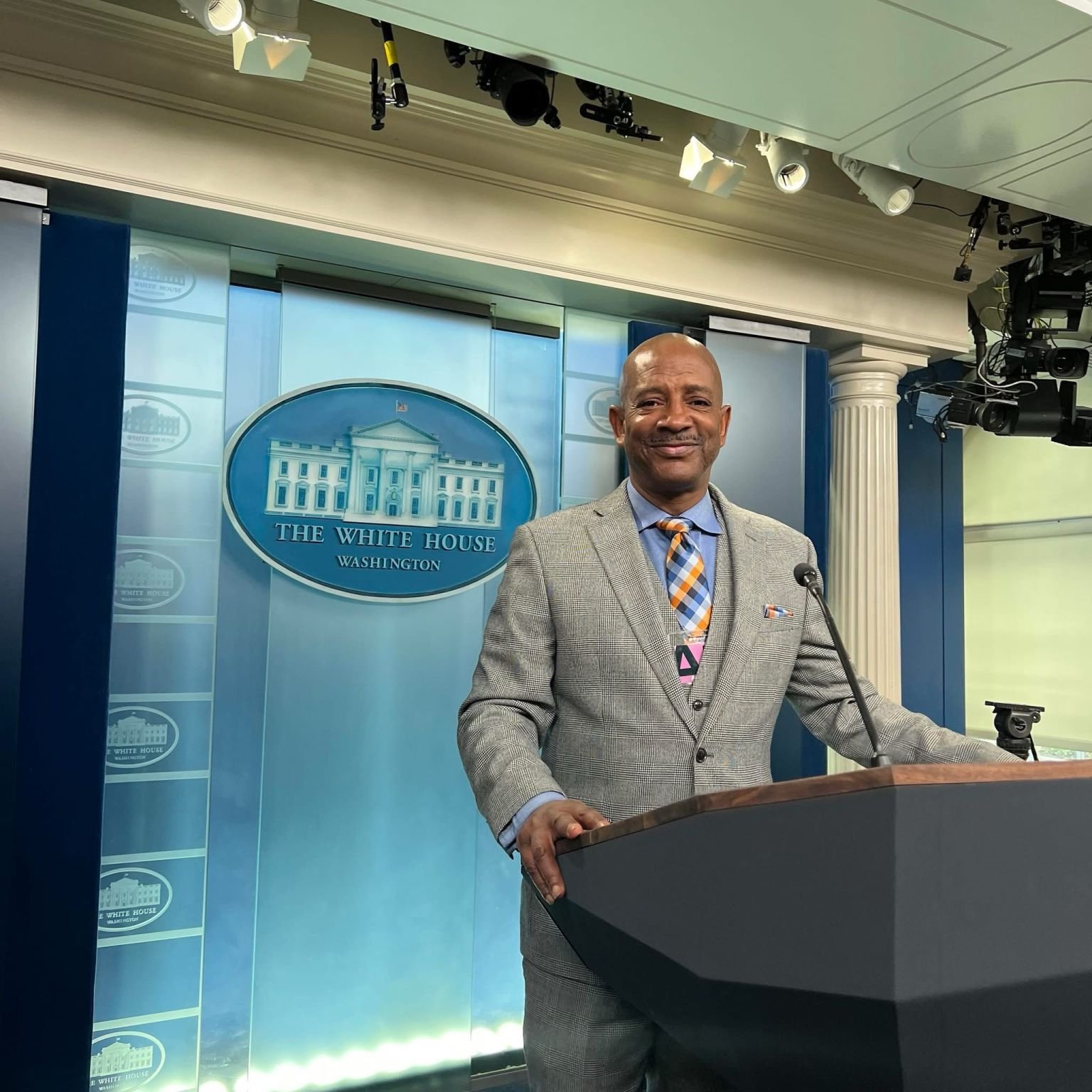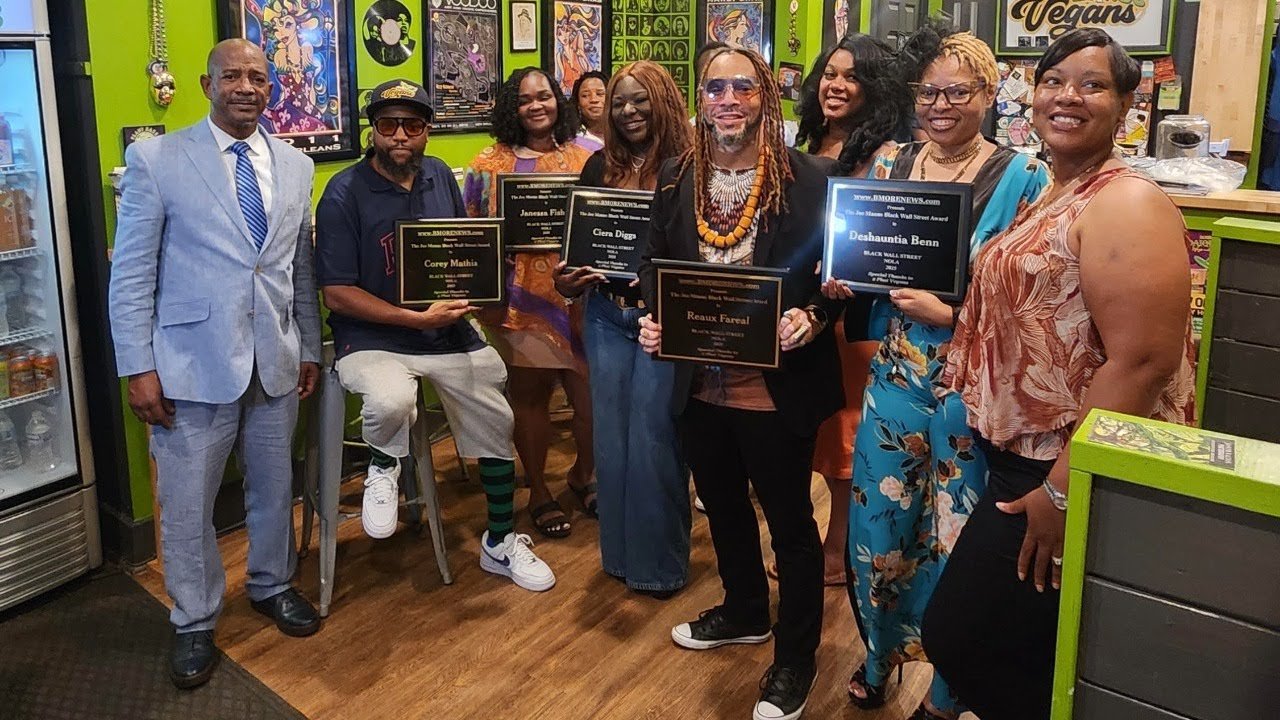(BALTIMORE – August 2, 2025) – Greetings. 你好. Namaste. Hola. Bonjour. Salaam alaikum. Nomoshkar. Olá. Shalom. Здравствуйте.
I come to you humbly and respectfully to say this: most of the people I know and live among are nothing like President Donald Trump.
From where I stand, I imagine much of the world watches in disbelief as this man — and those aligned with him — continue to dismantle civil rights protections, gut healthcare programs like Medicaid, and insult global allies without remorse. It’s disheartening, shameful, and dangerous.
And yet, here we are.
Even after years of evidence — his public misogyny, the racism, the cruelty, the lies — millions still voted for him. Only now, with democracy in crisis and global trust fractured, are some Americans having what we call a “come-to-Jesus moment.”
That’s what we call cognitive dissonance: when someone knows the truth but refuses to fully accept its consequences.
Around the world, cultures may differ, but many share a basic value: respect. It costs nothing — but means everything.
I felt that truth in my bones when I watched Vice President J.D. Vance berate Ukrainian President Volodymyr Zelenskyy in front of the global press. I was sickened. The disrespect was not only unnecessary — it was classless.
I wasn’t raised like that. And neither were many of the good people I know across this country.
To be honest, I think the group most manipulated in all this were white women voters. They knew who Trump was. The video clips, the criminal allegations, the “grab ‘em” tape — it was all out there. But still, many chose him over Kamala Harris, a competent and qualified leader.
Was it the trauma of having had a Black president for eight years that made the idea of a Black woman too much to bear? Maybe. But it’s worth asking.
America has never truly reconciled with its original sin: slavery and the structural racism that followed. And now we have a president who canceled MLK Day, who mocked a teenage climate activist on the world stage, and whose wife often appears unwilling to even fake a smile beside him.
Let us not forget: this is the man who incited a violent insurrection on January 6th, 2021.
Dear world, please know this: America is better than what you’re seeing right now.
As my mother always said, “Nobody is better than you, and you are no better than anyone else.” That’s the kind of America I believe in — not one built on ego and profit, but on humility and shared dignity.
Still, we live in a society where your bank account defines your worth, where kindness is seasonal, and where too often, decency gets buried under division.
But where I come from — Baltimore — we still learn respect. At home, in the streets, in school. You give it, you get it. You don’t give it, you learn the hard way.
That’s the American spirit I stand for. That’s the America I want the world to know.
So no, we are not all like Trump. And many of us are doing everything we can to keep our country from falling deeper into that abyss.
Wishing you peace in the midst of this storm.
‘Til next time,
Doni Glover


 HBCU7 months ago
HBCU7 months ago
 Videos3 years ago
Videos3 years ago
 Videos2 years ago
Videos2 years ago
 Videos3 years ago
Videos3 years ago
 Videos3 years ago
Videos3 years ago
 Videos1 year ago
Videos1 year ago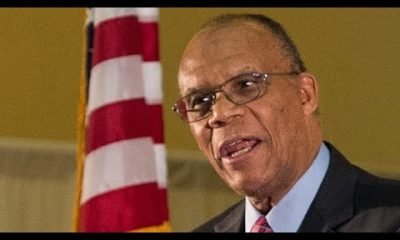
 Videos3 years ago
Videos3 years ago
 Videos3 years ago
Videos3 years ago
